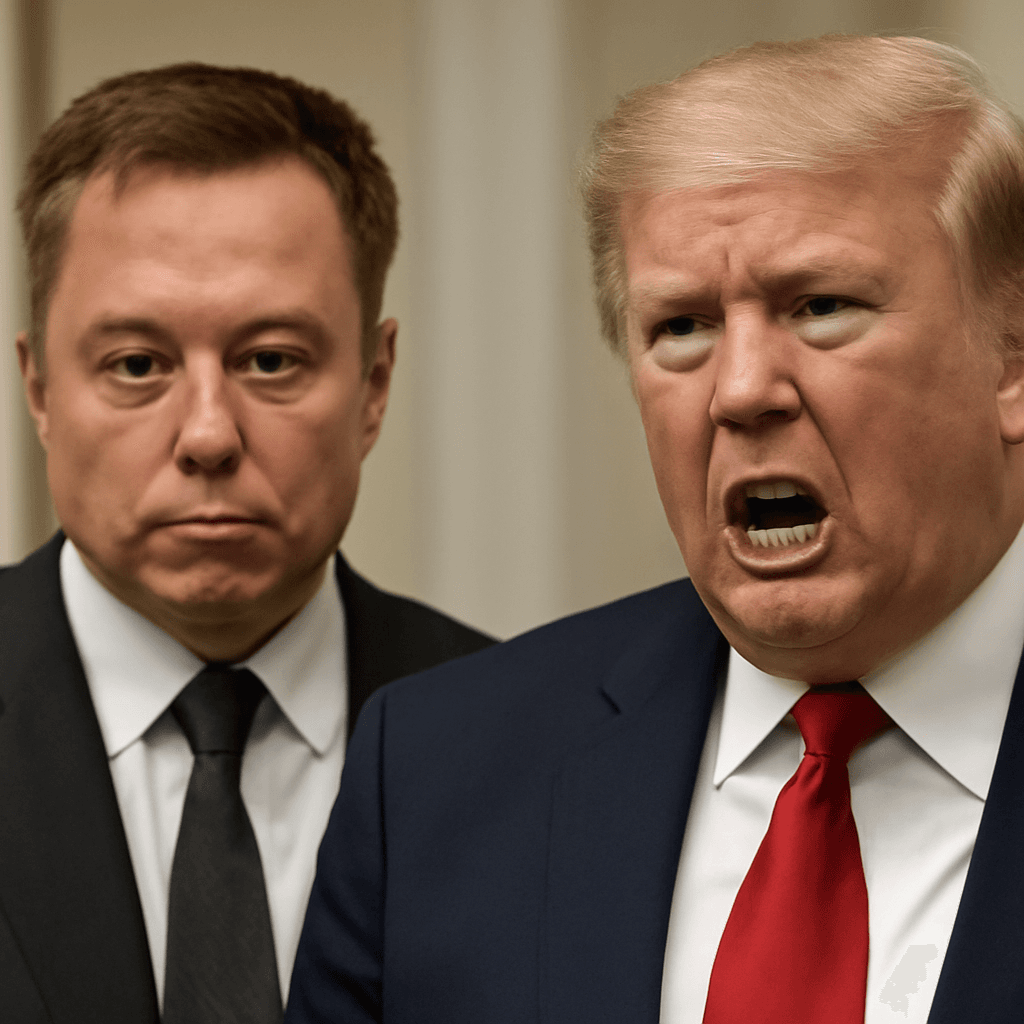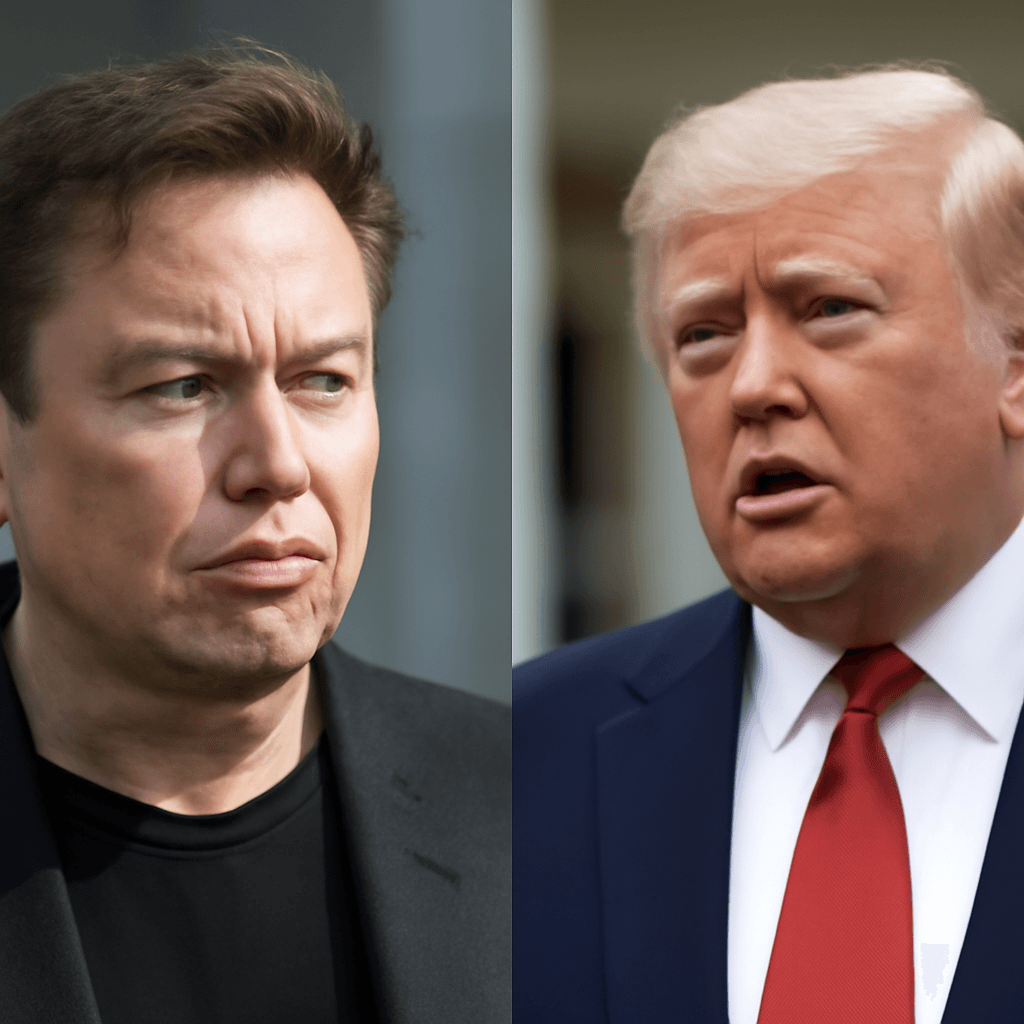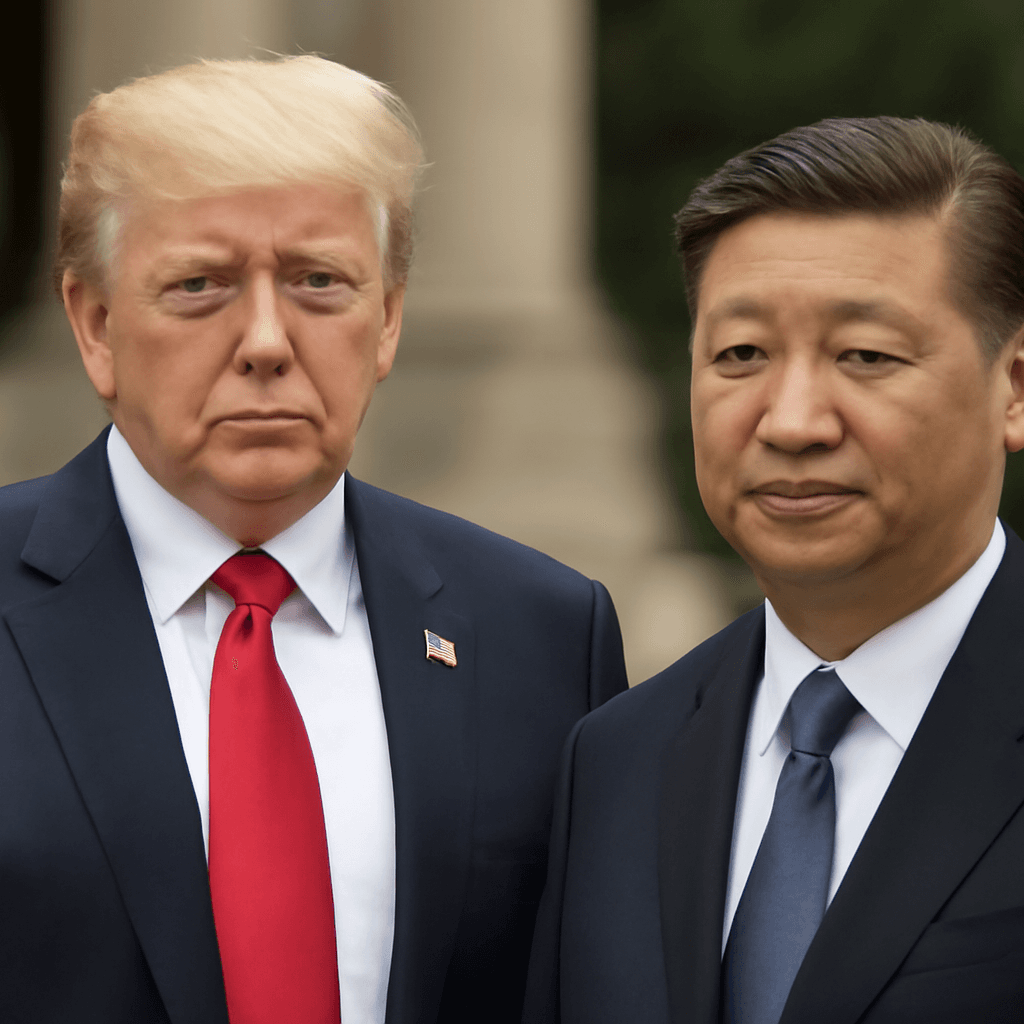Growing Social Discontent in China amid Economic Challenges
In recent weeks, China has seen an unprecedented surge of discontent on its internet platforms, targeting the perceived privileges and unfair advantages of the country's elites. This wave of criticism underscores a broader socio-economic concern amid a significant economic slowdown.
Social Media as a Platform for Public Frustration
Chinese social media channels, including platforms like Weibo, have become hotbeds of heated debates and accusations. Posts condemning elites who are suspected of gaining success through wealth, connections, or corruption rather than merit have attracted hundreds of millions of views, reflecting widespread public frustration.
- High-profile incidents fueling this unrest include:
- Jiang Yurong's controversial commencement speech at Harvard University, raising questions about elite advantage despite her defense of hard work and scholarships.
- A trainee doctor’s admission and thesis fraud scandal, where family ties to influential positions triggered public outrage over nepotism.
- The case of a young actress showcasing extravagant luxury items allegedly linked to illicit family wealth, stirring suspicions about corruption and inequality.
Economic Slowdown Amplifies Social Tensions
These incidents coincide with China's ongoing economic deceleration. Growth rates have fallen below government targets, with forecasts around 4% GDP growth in 2025, a stark contrast to previous decades of double-digit expansion. The post-pandemic recovery has been uneven, hindered by weak domestic consumption and declining export demand.
The economic environment has heightened uncertainties about upward social mobility. Citizens face intense job competition, stagnant wages, and rising costs for education and housing. In this context, perceptions of elite privilege contribute to a growing sense of injustice and dissatisfaction.
Cracks in the Meritocratic Promise
The core issue driving unrest is skepticism about the integrity of meritocracy, a foundational ideal of China's governance. While the Chinese Communist Party has historically promoted the notion that hard work and talent lead to success, recent scandals suggest that wealth, family background, and connections play an outsized role, eroding public trust.
Despite government pledges to promote "common prosperity" and combat corruption, widespread cynicism persists. Incremental reforms and regulatory measures have not yet alleviated the perception of entrenched privilege and social inequality.
Government’s Challenges: Balancing Stability with Reform
The Chinese leadership now faces a complex dilemma: maintain social stability to safeguard political legitimacy while addressing systemic inequalities that fuel public grievances. Efforts include intensified propaganda campaigns to discourage dissent and targeted policy interventions to reduce wealth disparities and increase regulatory oversight.
However, experts emphasize that without deeper reforms in education, labor markets, and anti-corruption enforcement, societal discontent may continue to mount. The digital realm, serving as an outlet for expression and mobilization, amplifies these tensions, presenting new challenges for the authorities.
Outlook: China at a Crucial Crossroads
Expressions of public anger toward elites are rare in China due to strict governmental controls. Yet, the recent online controversies highlight significant socio-economic strains and unease about the future. The country's slowing economy disrupts the long-held belief that meritocracy governs success, posing fundamental questions about social cohesion and political stability.
The leadership’s response to these challenges could play a decisive role in shaping China’s economic trajectory, social harmony, and governance structure in the coming years.













